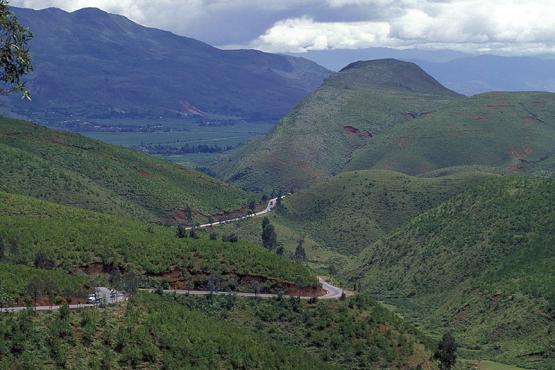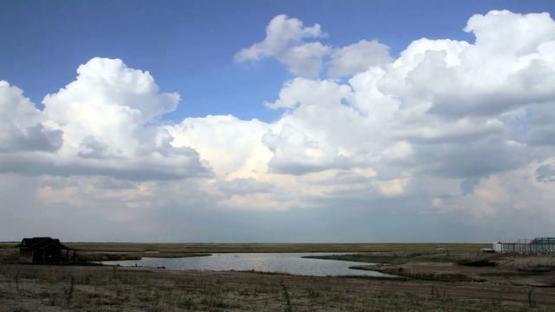Project Overview
Agricultural intensification in China mainly related to rice, wheat and livestock production, has led to increased encroachment into natural areas, high greenhouse gas emission levels, environmental and severe land degradation. Unsustainable fertilizer and pesticide use, single crop planting instead of rotational crop planting and industrialized farmland construction have led to natural farmland habitat loss, reduced farmland biodiversity and weakened agricultural stability and resilience. Agricultural systems are both contributing to and bearing the consequences of climate change, as the carbon sequestration capacity of production systems, and their ability to adapt to climate change is low. This project serves as a powerful catalyst for transforming food and land management systems and will provide a model for other regions in China.
-
Sites:
Shandong, Jiangsu, Jiangxi, Guizhou provinces (wheat, corn, and rice); Hubei province (rice, livestock): Heilongjiang province
-
Commodities:
Wheat, rice, corn and livestock
-
Area Covered:
1,500,000 hectares
-
Executing Partner:
Food and Agriculture Organization of the United Nations (FAO), Ministry of Agriculture and Rural Affairs (MARA), Hubei Province Department of Agriculture and Rural Affairs
-
GEF Implementing Agency:
World Bank, FAO

Project Features
The goal is to strengthen integrated land management and land restoration policies through innovative payments for agroecological services and incentive mechanisms for sustainable, safe, and smart agri-food systems. A framework for sustainable agricultural production practices and responsible, market-oriented agricultural value chains through public-private partnerships will be created, while conserving and restoring natural habitats in production landscapes.
The diversification of production systems through sustainable traditional agricultural practices, ecological restoration in farmland boundaries and surrounding ecosystems, agroforestry in upland ecosystems and integrated restoration plans will also be a focus. Monitoring systems to assess and monitor land use planning impacts, biodiversity, and ecosystem conservation and restoration will also be developed.
Private sector entities are investing in agricultural production and have expressed a strong interest in the shift towards sustainable food systems. A strong gender component aims to strengthen women's participation in planning and decision-making while enhancing their access to rural financial mechanisms and agricultural value chains.

A landscape in China. Brazil. © Curt Carnemark/World Bank
Accelerating Action

Wetlands in China's Heilongjiang province. Credit: Flickr/Sean Gallagher
Projects designed to aid in transforming food production systems through an integrated landscape and value chain approach kicked off in December 2021 with a hybrid online and onsite inception workshop. With a focus on several provincial rice, wheat, and maize-growing agroecological regions, goals include generating policies and standards that will create sustainable value chains at a national scale. Sustainable agricultural transformation is strategically significant for rural revitalization in China.
Provincial and county-level management teams and project management offices, including the Chief Technical Advisor, Landscape and Ecology Consultant, Sustainable Agriculture Consultant, and Climate Smart Agriculture Consultant, will work alongside local provincial experts to meet goals and targets.
An additional project demonstration area in Heilongjiang Province was agreed in 2022, and core indicators on land restoration, an area of landscape under improved practices, mitigation of greenhouse gas emissions, and the overall number of direct beneficiaries measured by gender increased accordingly.







